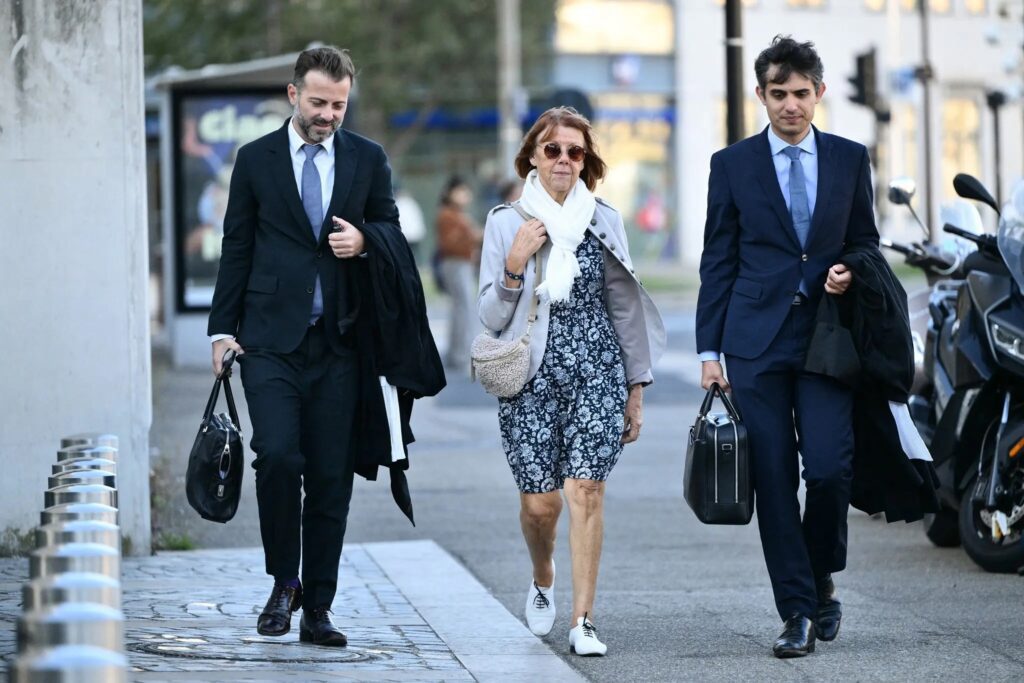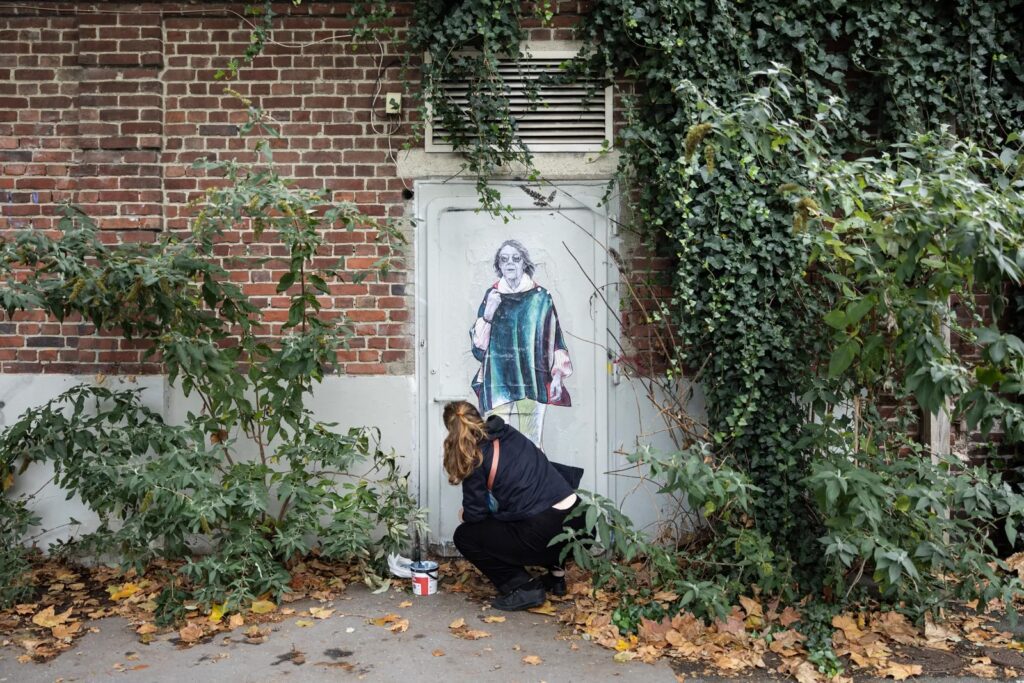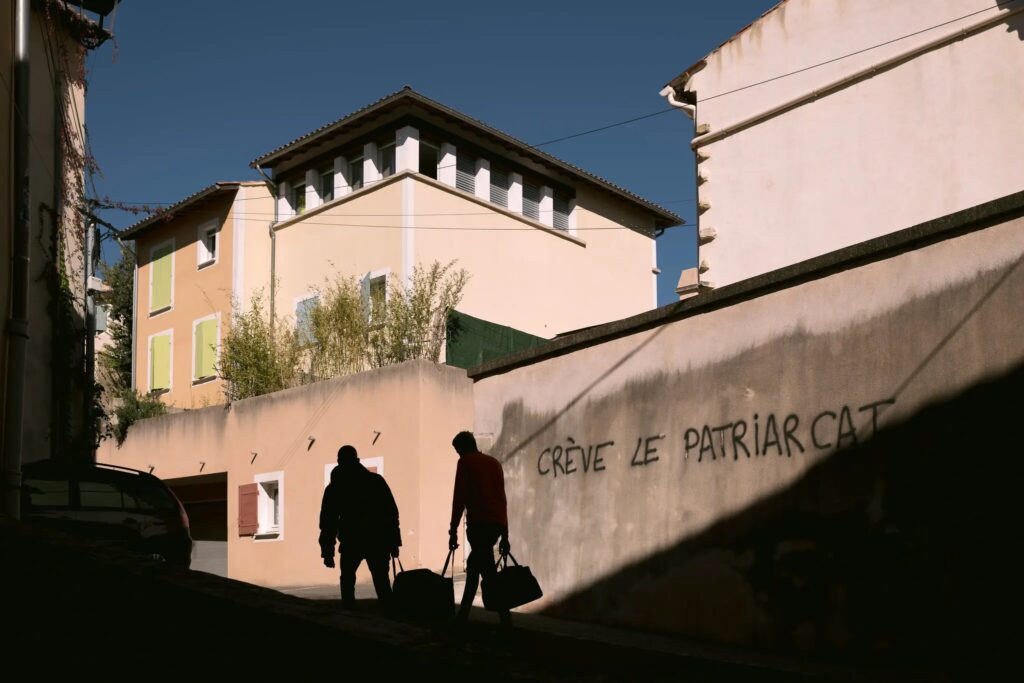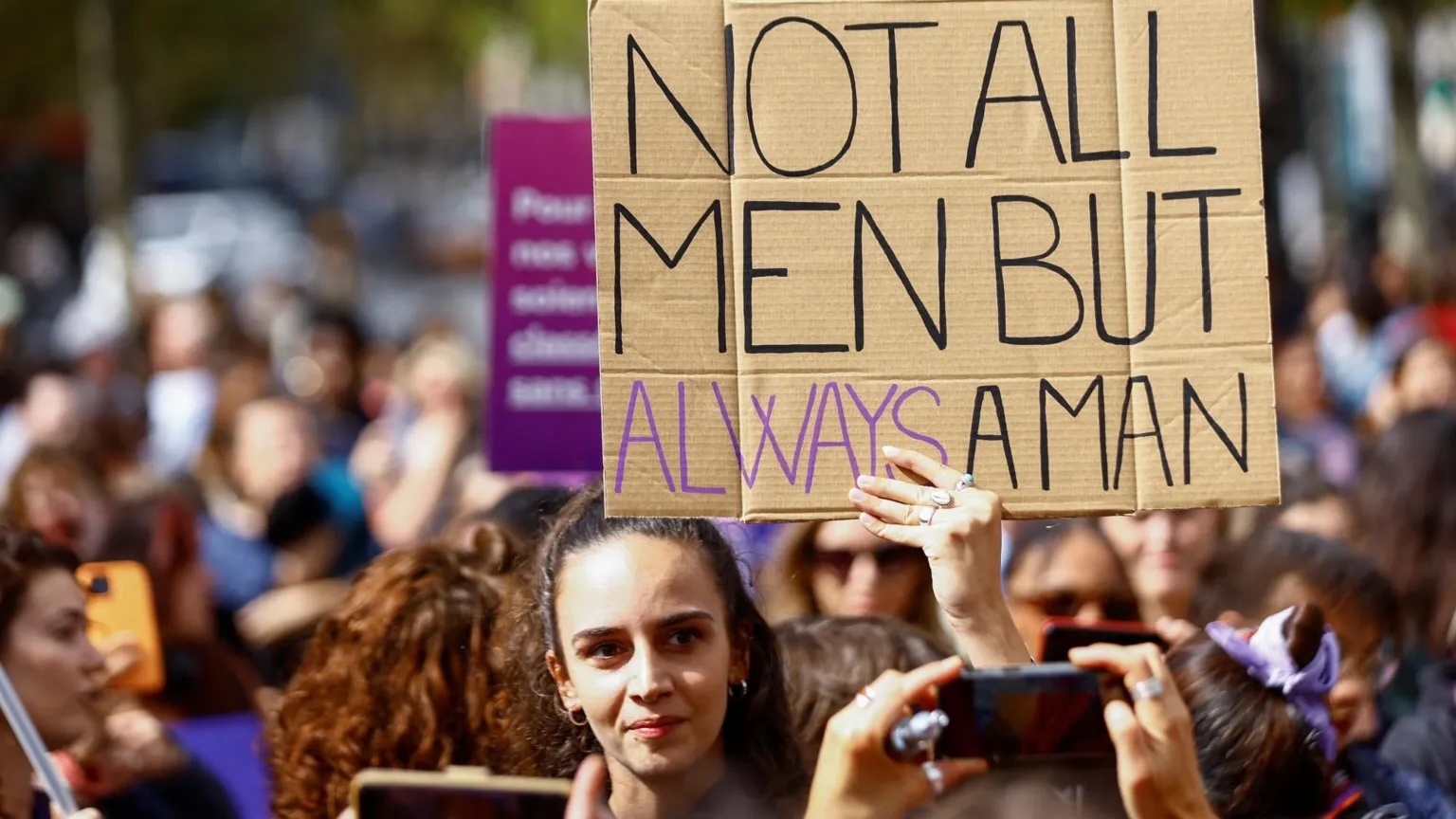We can’t expect rape culture to change overnight. But for rape victims, there can be courage. Always.
In mid-September of this year, a rape case that shook the small, picturesque French town of Mazan also gripped the entire world.
Prosecutors say that for almost a decade a husband drugged his wife of 50 years to rape her, filmed the abuse, and kept a detailed archive the heinous acts. But it didn’t end there. What made this case horrific among the millions of rape cases is the staggering level of depravity. The accused wasn’t alone in most of the rape—he invited other men to join him, possibly over 80, though police were only able to identify and track down over 50.
Many publications have reported on the most excruciating and harrowing of details of the case (The New York Times has a series on it while The Cut has an excellent updated summary of the case).
What I want to write about and to honor is the courageous woman at the center of the maelstrom: Gisèle Pelicot, 71, a mother and a grandmother. The discovery of her husband’s abuse left her, in her own words, “a woman totally destroyed.” But even in utter devastation, she expressed her desire to “move society forward on the question of rape.”
Related story: What is South Korea’s 4B movement and what Filipinas can learn from it






Under French law, Madame Pelicot has the right to keep the proceedings private. She, however, opted to have the trial open to the public—which meant that the men accused of raping aren’t protected from public view. The videos, moreover, are also shown in court as incontrovertible evidence. To use her lawyer’s words, to look at the videos, was “to look rape straight in the eyes.”
Her decision to waive her anonymity has done so much to challenge the idea that victims should carry the burden of shame around with them. She told the court: “When you’re raped there is shame and it’s not for us to have shame, it’s for them. I wanted all women victims of rape—not just when they have been drugged, rape exists at all levels—I want those women to say: Madame Pelicot did it, we can do it, too.”
This societal structure punishes women for any perceived transgression of these norms, which intensifies their sense of shame when they are victims of sexual assault,” says sociologist Athena Charanne Presto.
Madame Pelicot’s grace and courage in the face of one of the most horrifying rape cases the world has ever had to reckon with have made her a feminist icon. She arrives to court head held high and face unmasked. She is greeted by applause and cheers from both women and men who are drawn to her indomitable spirit in the face of unspeakable depravity.
We can’t expect rape culture to change overnight. And the burden of turning the tide on the conversation on rape shouldn’t be Gisèle Pelicot’s sole burden. She is, after all, just one woman and already over 70 at that. She even refuses to call herself brave. “I hear lots of women, and men, who say, ‘You’re very brave,’” Ms. Pelicot said in her testimony on Oct. 23. “I say it’s not bravery — it’s will and determination to change society.”
But she has taken on the burden anyway. And already, her determination is helping change the narrative as difficult truths about toxic masculinity and the culture of impunity are being confronted by women around the world. By showing her face—the face of a mass rape victim—to the world, she shows us that there is no shame in rape if you’re the victim. It should be the other way around.
Changing the narrative
The POST interviews Athena Charanne Presto, a sociologist from the University of the Philippines Diliman, to help us understand rape-related shame and why it’s long overdue for it to change sides—from the victim to the perpetrator.
Asked why shame in rape cases is experienced almost exclusively by the victims, Presto explains that it all stems from the fact that expectations relating to women and men’s sexual freedom are different. “In many societies, patriarchal values dictate that women’s worth is tied to their sexual purity, whereas men are often valorized for sexual conquests,” she says.
The reporting of rape does not have to be a narrative of victimhood all the time. It can also center on narratives of fighting back, full face in the view.
She further explains that this double standard not only perpetuates inequality but also stigmatizes and shames victims of sexual violence. Presto adds: “This societal structure also punishes women for any perceived transgression of these norms, which intensifies their sense of shame when they are victims of sexual assault.”
On the Gisèle Pelicot case, Presto believes that Madame Pelicot has made her point across and triggered important conversations in the process. The sociologist, however, cautions against centering her demeanor in the case. “Doing so would strengthen the harmful idea that victims should not overreact and that other victims are handling their cases better. I think it’s crucial to avoid setting a prescriptive standard for how victims should appear or what they should say.”
Presto explains that every individual processes trauma differently, and putting too much emphasis on one’s dignified response can inadvertently silence those who do not fit this mold. “It’s important that society supports all victims, regardless of their response to trauma,” she emphasizes.
Related story: AI relationships: Yay or nay?



“Nevertheless, I would say that what is significant in Gisèle’s case is that she is not afraid to show her face,” she continues. “This act is something uncommon in media portrayals of sexual violence cases. Pelicot sends a signal that rape is not something to be ashamed of, especially because it is not the victim’s fault.”
“In the Philippines, we have a cultural phrase for that: “May mukha pa siyang ihaharap,” because she has done no wrong,” she adds.
Presto also notes that Gisèle’s case shows how the reporting of rape does not have to be a narrative of victimhood all the time. It can also center on narratives of fighting back, full face in the view, which has an empowering effect in many countries.
Empowering rape victims
The Gisèle Pelicot case transpires thousands of miles away. Will her call to change be heeded all the way here in the Philippines? Will its impact be felt in a country where violence against women (VAW) is one of the most pervasive social problems?
According to the 2022 National Demographic and Health Survey (NDHS) conducted by the Philippine Statistics Authority, 17.5% of Filipino women aged 15 to 49 have experienced a form of physical, sexual, and emotional violence from their intimate partners. In 2021, there were 8,399 reported cases of physical violence, 1,791 on rape, and 1,505 on acts of lasciviousness. These numbers don’t reflect those of what could possibly be hundreds or even thousands of unreported cases.
“The relevance, as of the moment (of the Gisèle Pelicot case), is indirect rather than direct,” Presto says. “While the direct legal repercussions might not extend to the Philippines yet, the cultural and social discussions it sparks are universal. These discussions can influence international frameworks and encourage local advocacy, potentially resonating with movements in the Philippines that seek to challenge and shift the narrative around sexual violence.”
Shame can change sides when society collectively decides to realign its values towards gender justice,” Presto says.
As a society we can also help empower rape victims so they can muster the courage speak up. Presto, who has a master’s degree in Public Policy from the Lee Kwan Yew School of Public Policy-National University of Singapore, says that empowerment of rape victims can begin with transforming the societal narrative that stigmatizes them.
She says: “This involves education, robust legal protections, and community support systems that validate and support victims’ experiences. I want to emphasize here that while leaders have the greater responsibility to initiate actions, empowerment requires a whole-of-society approach.”
Victims as more than just survivors
Asked if shame can ever truly change sides, Presto responds with a resounding “Yes!” “Shame can change sides when society collectively decides to realign its values toward gender justice,” she says.



But there’s also nothing wrong if a rape victim feels shame—because there can be courage even if there’s shame. “You know what they say: courage is courage because you do it even if it’s hard or even if society tells you you should be ashamed,” she emphasizes.
“Acknowledging the shame yet choosing to speak out despite it is an act of bravery. The narrative around sexual violence can transform when victims are seen not just as survivors but as advocates for justice.”








